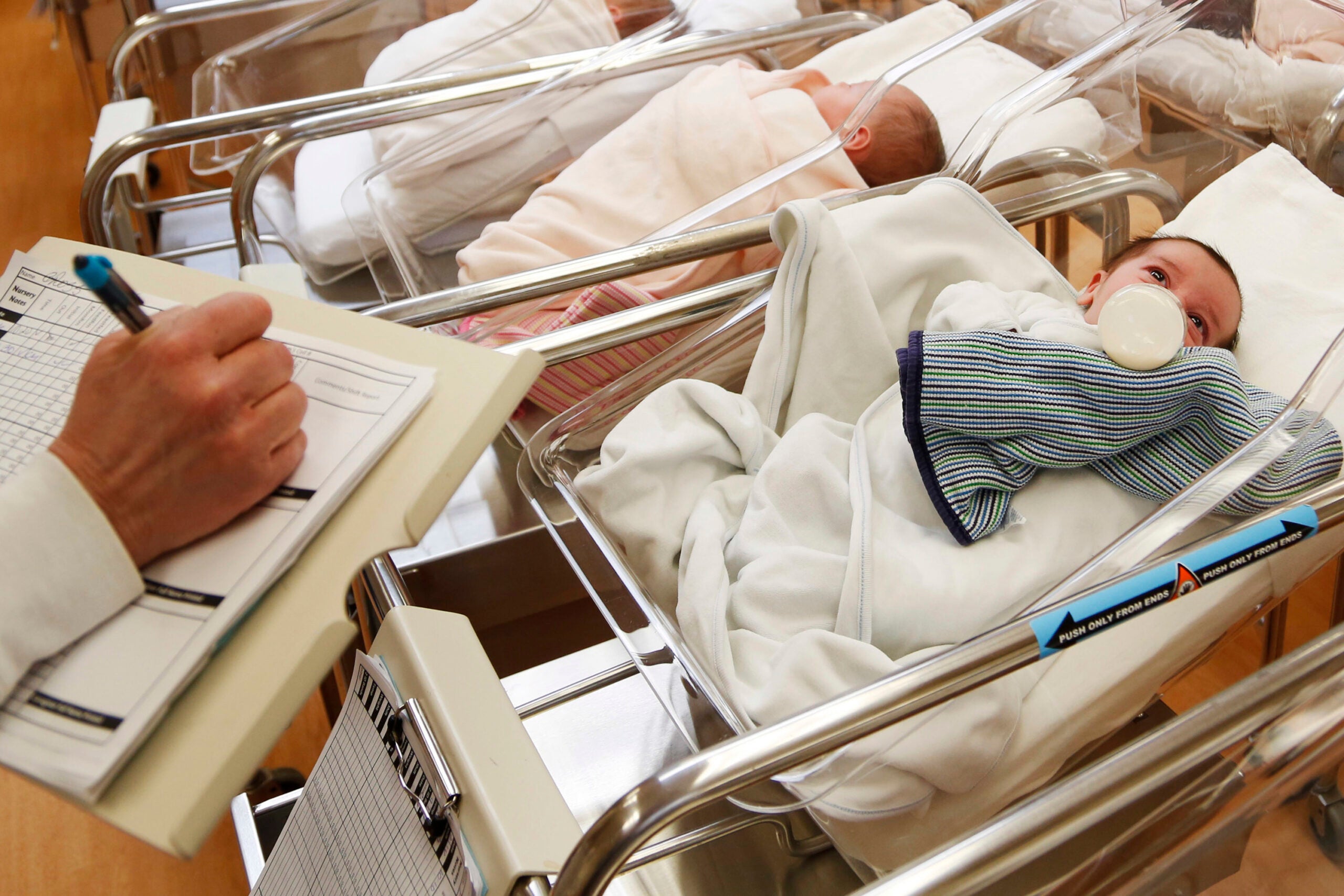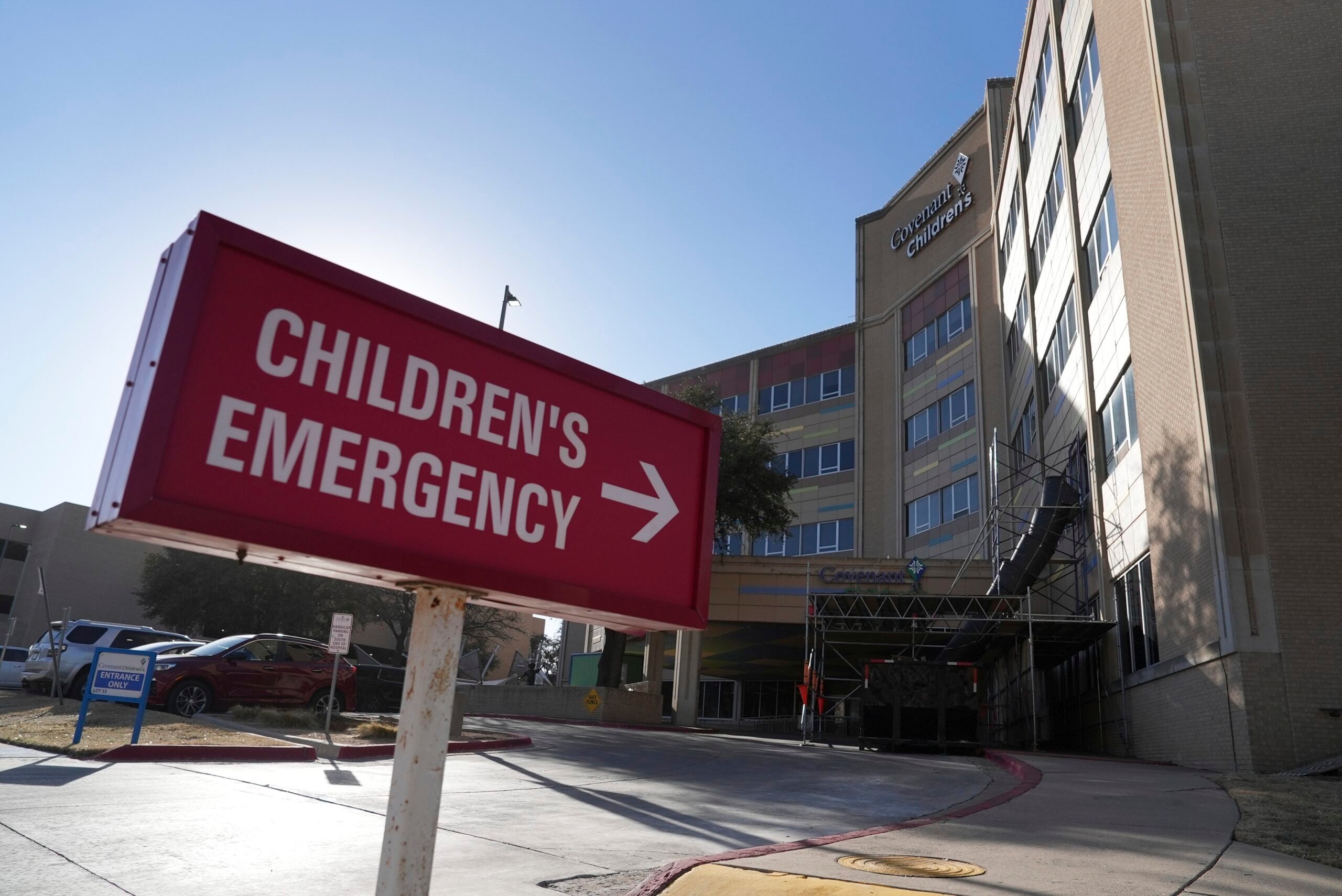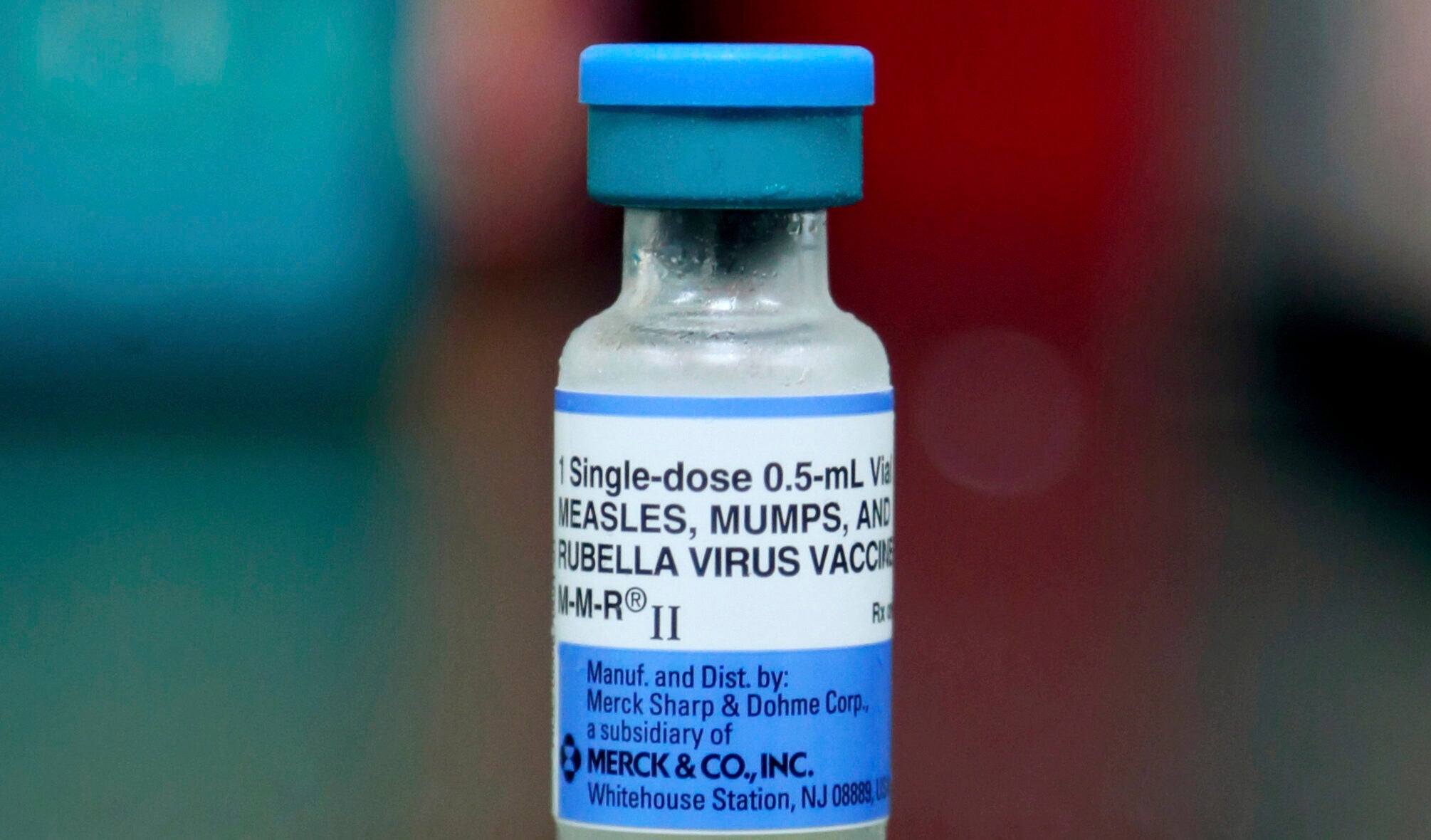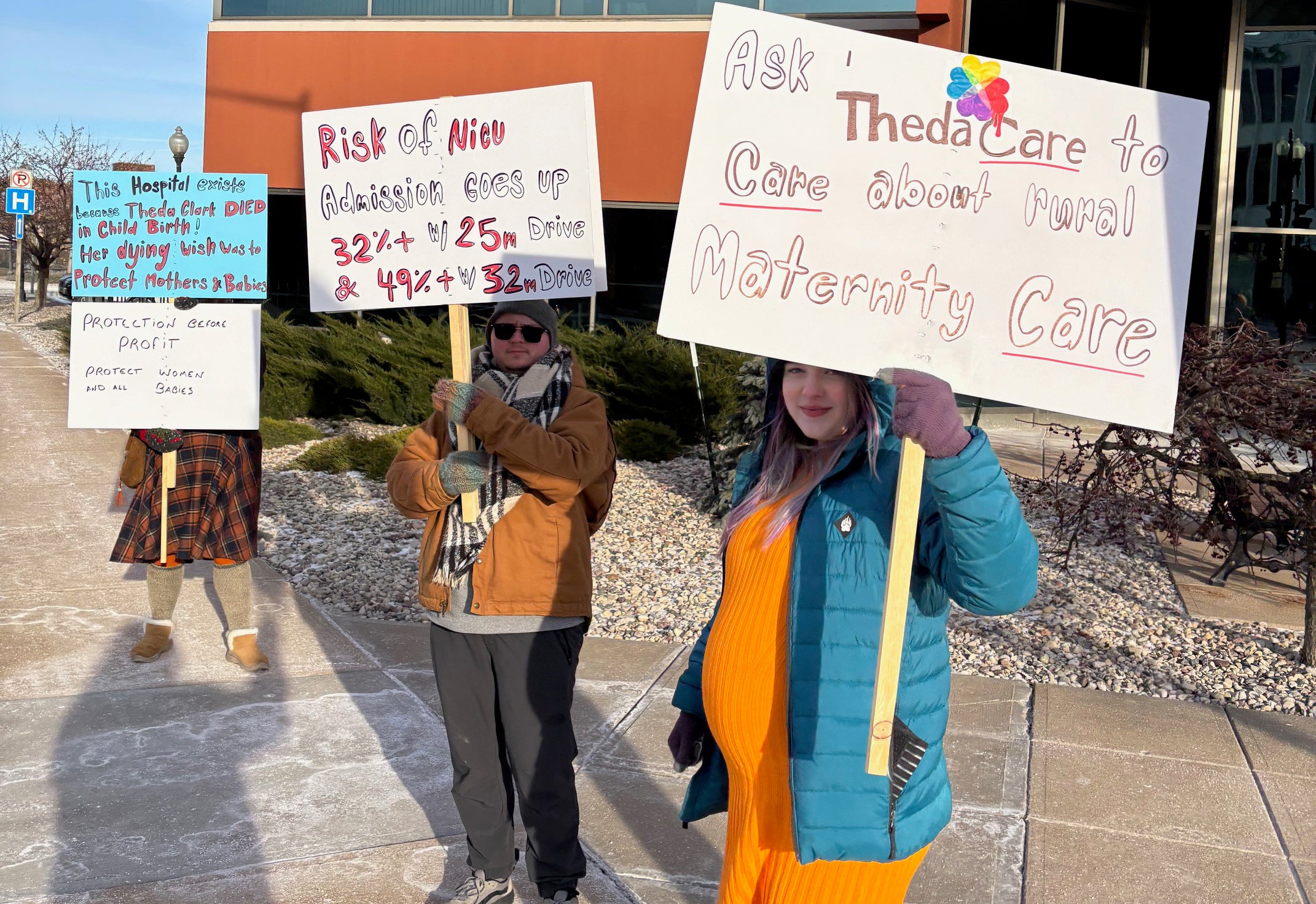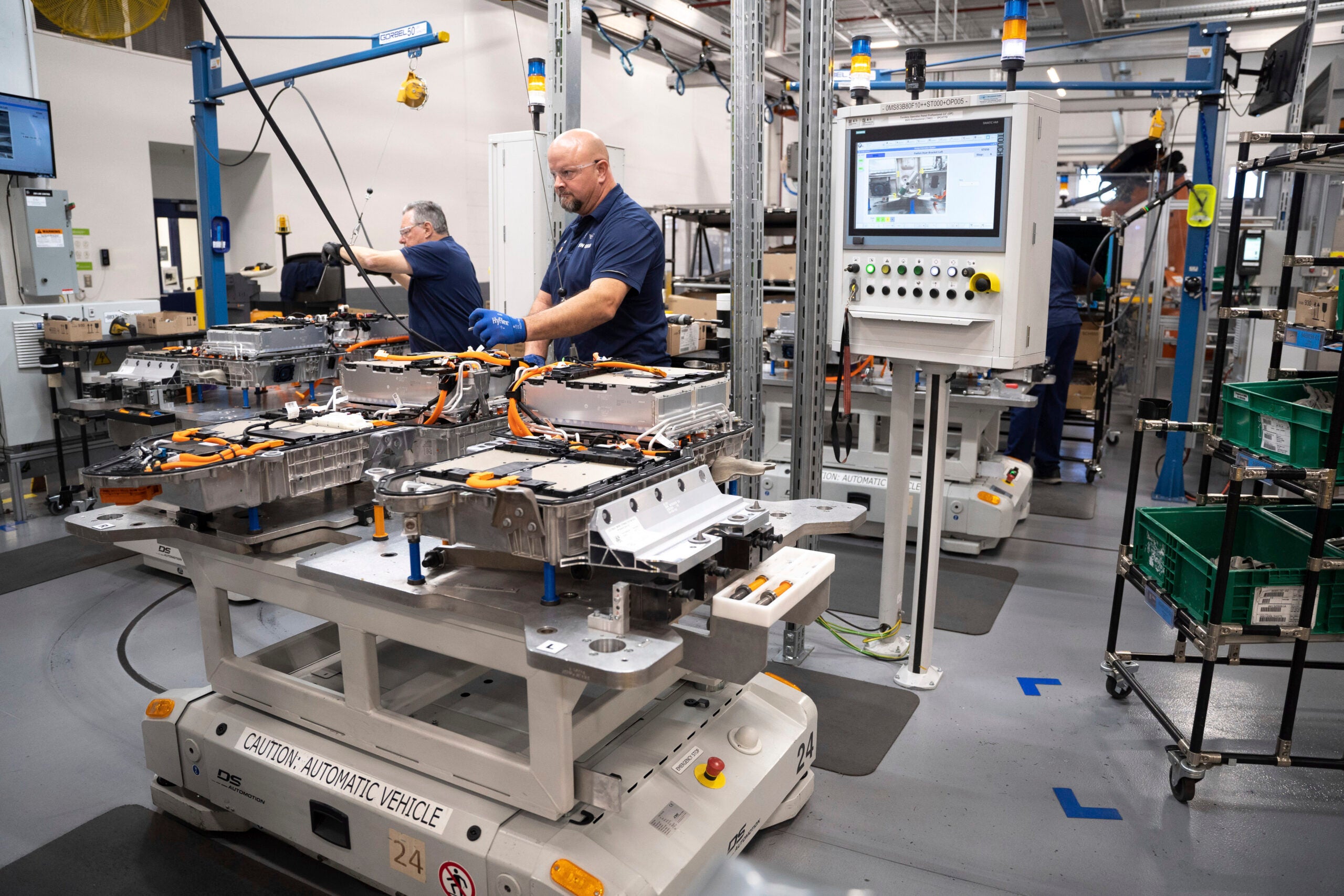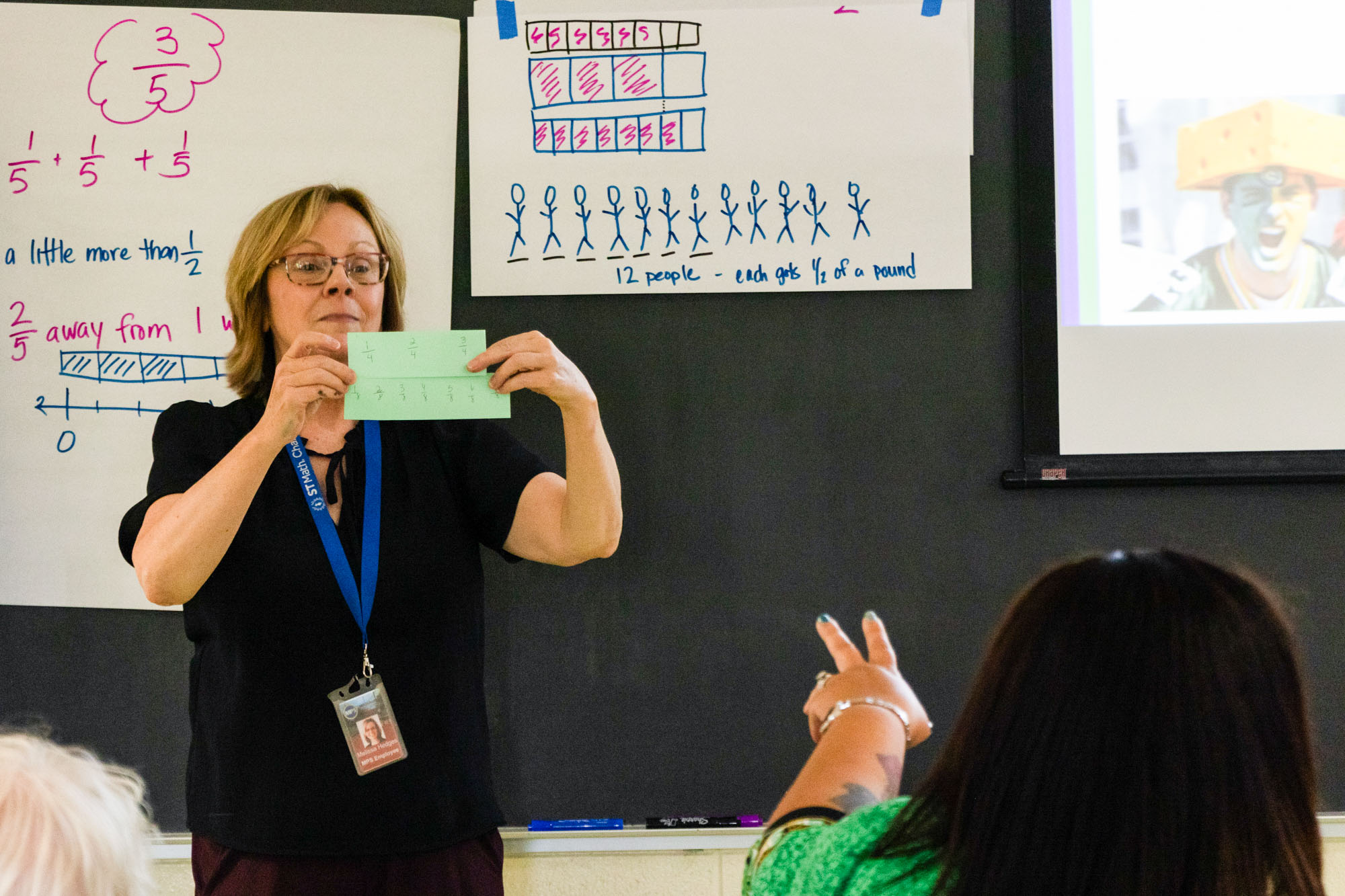Wisconsin and the nation are trending down in birth rates, marking a four-year decline according to a recent federal report. Nationwide, the birth rate hasn’t been this low since 1985.
Last year in Wisconsin there were 63,242 births — a slight drop from 2018, when 63,922 births were recorded, according to the Centers for Disease Control and Prevention. That’s down about 5 percent from 2016 during a year when 66,232 babies were born.
That tracks nationwide, where 3.75 million births in 2019 marked a 1-percent decrease from the year prior and continued the decline identified in 2016 in a provisional birth report by the CDC’s National Center for Health Statistics. That report delineates birth data based on the age and race of mothers, cesarean deliveries and preterm babies.
Stay informed on the latest news
Sign up for WPR’s email newsletter.
Jennifer Glass, a professor of liberal arts and research associate in the Population Research Center at the University of Texas at Austin, said the declining birth rate is “a bad thing,” voicing concern over losing a robust economy that’s necessary to support a growing senior population.
Traditionally, that support has come in the form of Social Security, annuities and pension funds on the stock market.
“All of those are at risk if we don’t have a vibrant, active, working age population,” Glass said. The nation previously relied on immigrants and the families they built here to help augment low birth rates, she said, adding that’s not really a workable option now because of political divisions over immigration policies.
Nationwide, birth rates among teenagers are also on the decline, following a 30-year trend. Glass said that’s good news, so long as those women have children eventually. But Glass said it’s becoming more difficult for people to picture themselves in a household with children, for one because of financial insecurity.
“They don’t feel like they can afford to have a home of their own, and for many people, being able to partner and live together and raise your children together is sort of the quintessential bottom line before they’re willing to have children,” she said.
Glass notes that having kids is expensive — they’re not a source of wealth like they were in the 20th century as part of the labor force in agricultural communities.
“We’ve kind of ruined that in the 21st century,” Glass said. “Now, there’s no real economic advantage to having children. And they continue to cost you throughout their childhood and into their young adulthood now.”
The economic benefits of having children now is more general — more births can lead to more employees entering the workforce and more taxpaying citizens. But, parents still bear the brunt of the cost to raise and educate the children who become these adults.
Especially now with COVID-19 propelling the unemployment rate to 14 percent, Glass said she expects at best “anemic” birth rates in the future, especially for people in their 20s and 30s.
“They’re on track to have record low numbers of children and record postponement of pregnancy,” she said.
Wisconsin Public Radio, © Copyright 2025, Board of Regents of the University of Wisconsin System and Wisconsin Educational Communications Board.
